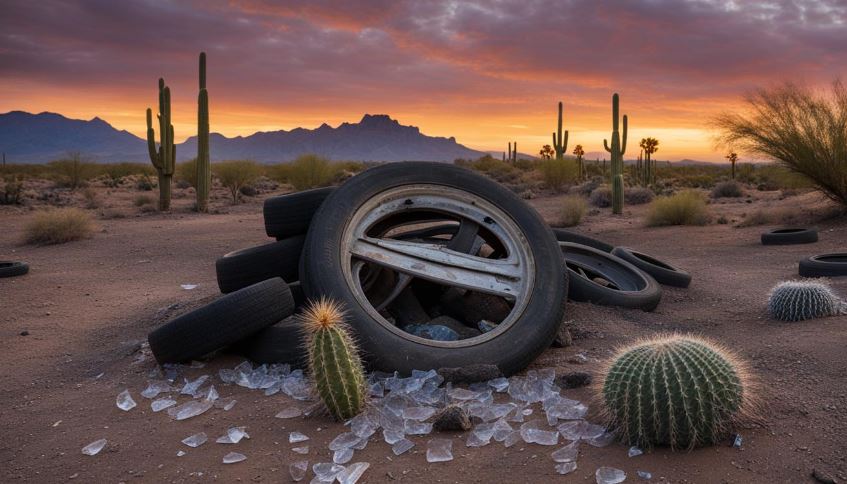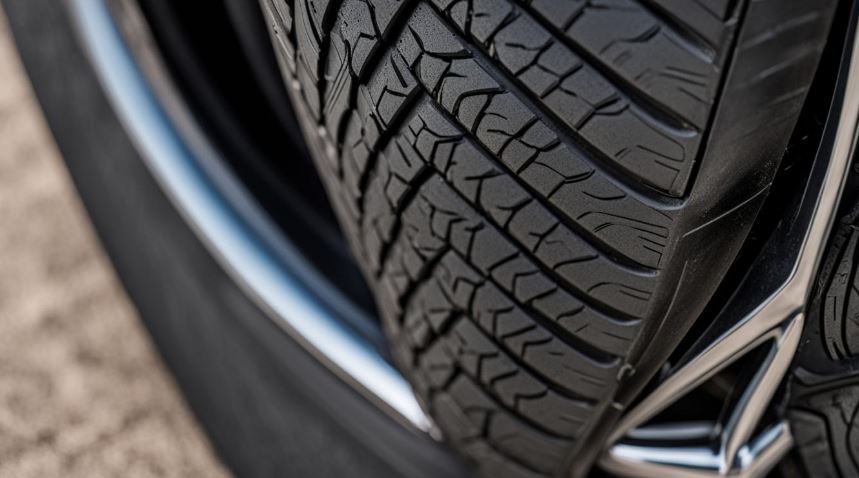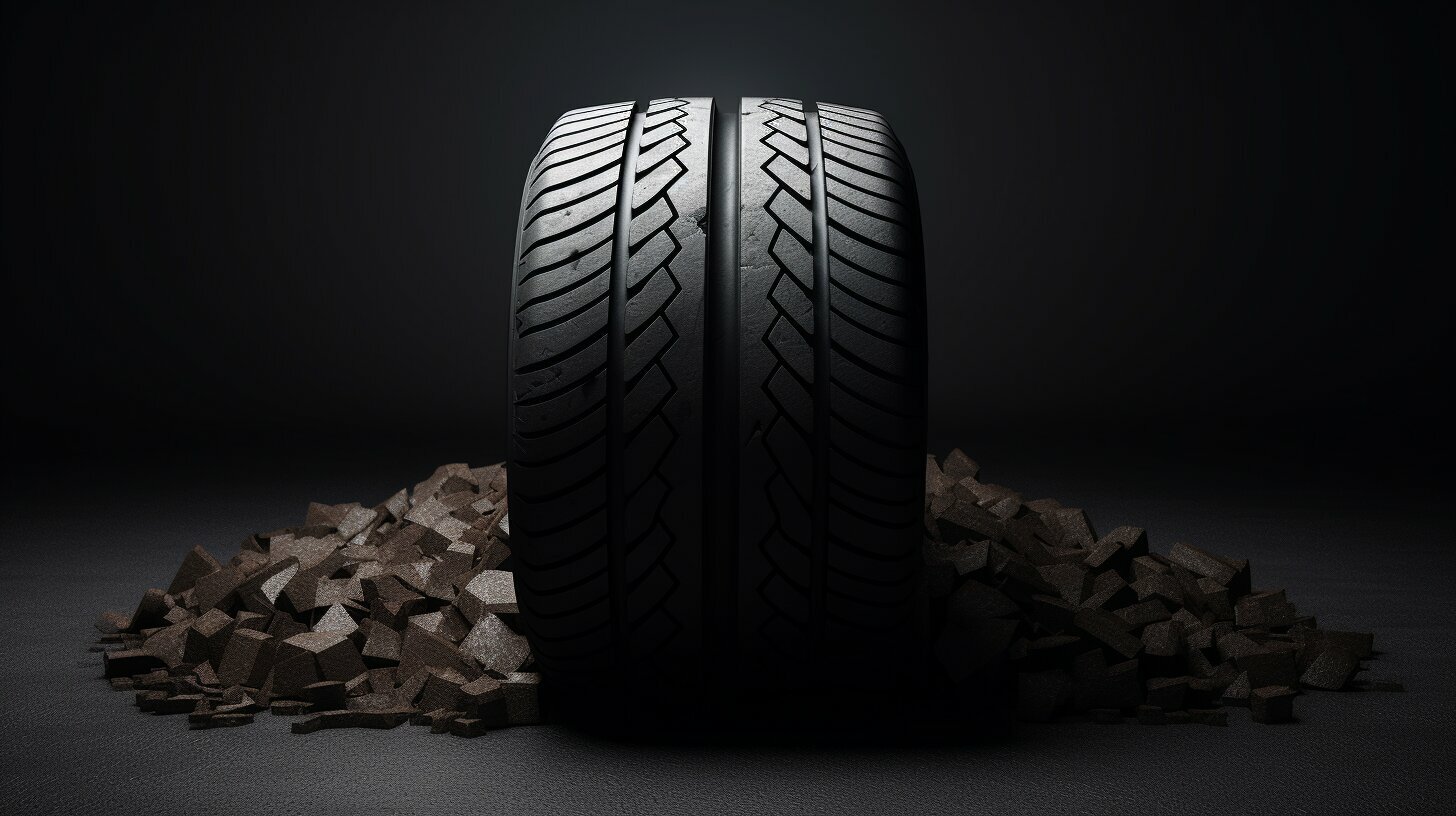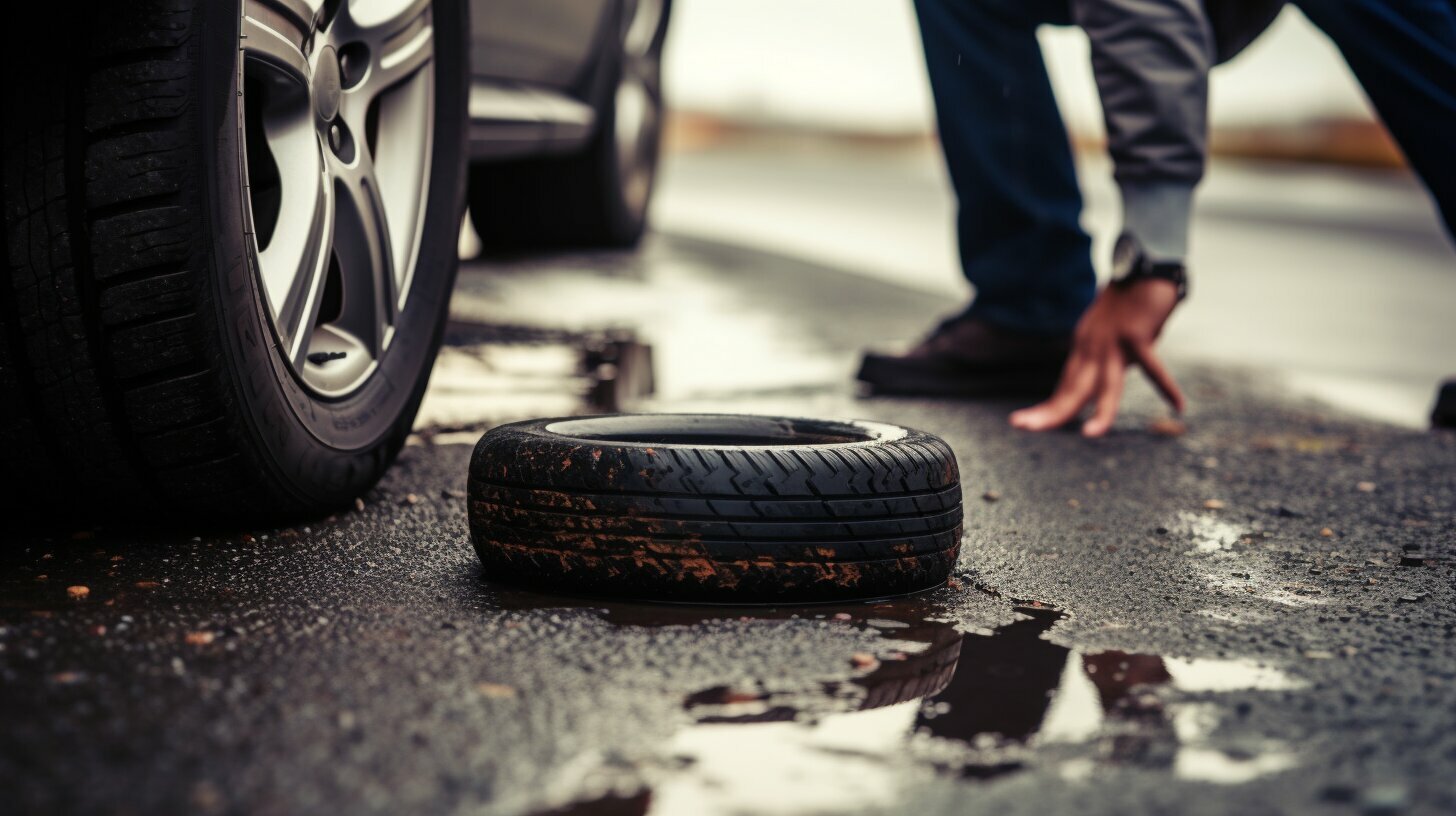Posted on 11/10/2023

Are you tired of dealing with flat tires in Phoenix? You're not alone. The scorching heat and extreme temperatures in the city contribute to a high number of flat tires on the roads. Understanding the causes of this common issue is crucial for every driver in Phoenix. The intense heat in Phoenix puts excessive pressure on tires, leading to premature failure and blowouts. This problem becomes even more prevalent during the summer months when temperatures soar and Excessive Heat Warnings are in effect. As a result, drivers often find themselves stranded on the roadside, in need of assistance with their flat tires. But why is Phoenix particularly susceptible to flat tires? The answer lies in the combination of the hot desert climate and the condition of the roads. The extreme heat causes the air inside the tires to expand, which increases pressure and puts stress on the rubber. Additionally, rough or poorly maintained roads with debris and potholes contribute to faster tire wear and ... read more
Posted on 11/1/2023

When it comes to repairing a tire, there are limitations based on the type and extent of the damage. The Tire Industry Association sets guidelines for tire repairs, including limitations on puncture repairs and maximum injury sizes for different types of tires. A proper puncture repair involves removing the tire from the rim, drilling out the damage, buffing the inner liner, filling the injury with a vulcanized rubber stem, and reinforcing and sealing the repair from the inside with a repair unit. Certain types of injuries, such as punctures larger than 1/4" in passenger tires or 3/8" in steel belted truck tires, sidewall damage, damage from running flat or under inflated, and excessive tread wear, cannot be safely repaired. It's important to take your vehicle to a reputable tire care professional for assessment and repair. Key Takeaways: Tire repair is subject to limitations based on the type and extent of damage. The Tire Ind ... read more
Posted on 10/24/2023

When it comes to the lifespan of tires in Phoenix, there are a few factors to consider. The hot and dry weather, combined with the rough road conditions, can cause tires to degrade faster compared to other areas. So, how long should tires last in Phoenix? Key Takeaways: Tires in Phoenix typically last around 3-4 years or 40,000 miles. The hot and dry weather in Phoenix can cause rubber compounds in tires to degrade faster. Tires worn down below 2/32" of tread depth may need to be replaced earlier. Tucson's bad roads and stop-and-go city driving can reduce tire lifespan to 2-3 years. Cooler climates like Prescott and Flagstaff may extend tire longevity, but all-season or winter tires are necessary for snow and harsh weather conditions. Factors Affecting Tire Lifespan in Arizona When it comes to the durability of tires in Phoenix and throughout Arizona, there are several factors that can impact their lifespan. Understanding t ... read more
Posted on 10/13/2023

When faced with a damaged tire, it's essential to consider whether repairing or replacing it is the best course of action. Making the right decision is crucial for the safety and performance of your vehicle. In this article, we will explore the factors you should consider when deciding between tire repair and replacement, the pros and cons of each option, instances where replacement is necessary, the importance of consulting a professional, and proper tire care. Key Takeaways: Patching a tire can be a cheaper option and can last for several years if done properly. Tire patching is suitable for punctures within the repair area and less than ¼ inch in diameter. Replacing a tire offers benefits such as increased traction, better performance, and increased safety. Instances where tire replacement is necessary include sidewall or shoulder punctures, punctures larger than ¼ inch, and excessive wear or cracks on the sidewall. Consulting a ... read more
Posted on 10/3/2023

Knowing when to replace or buy new tires is crucial for maintaining vehicle safety and optimal performance. Regular inspection of your tires is essential to ensure they are in good condition. One important factor to consider is the tread depth of your tires. If the tread depth is at or below 2/32nds of an inch, it's time for a replacement. Additionally, tire age is another crucial consideration. Tires should be replaced every six to 10 years due to material degradation. Signs that indicate the need for new tires include uneven wear, defects, and changes in performance. Pay attention to any vibrations, lack of traction, or increased stopping distance, as these could be signs that it's time for new tires. When buying new tires, it's important to choose the right type based on your intended use. All-season, winter, and all-weather tires each have their own unique features and benefits. There are several factors to consider when shopping for tire ... read more